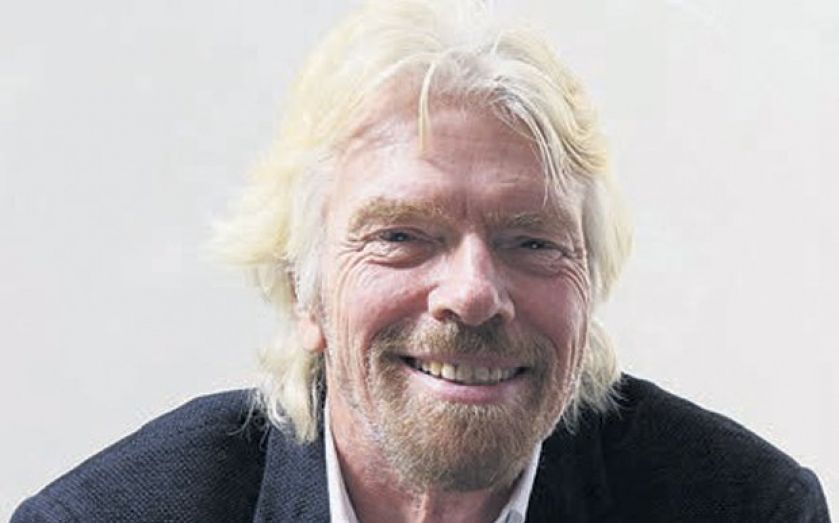| Updated:
Love your job and work hard. Avoid these two myths posing as career advice

Hard work isn’t all, and following your heart may well end in tears.
"Choose a job you love and you will never have to work a day in your life,” Confucius is thought to have said. It’s a rousing thought. But like numerous other seductive one-liners posing as career advice, it hides more than it reveals. How to know which job you’ll love before you’ve done it for a few years? And what if things change? It’s easy to imagine Chinese calligraphers cursing themselves for following the great sage’s counsel shortly after the rise of printing presses.
The sad truth is that aphorisms don’t pay the rent (corporate leadership coaches being a notable exception, perhaps). But the career advice industry is chock-full of compelling platitudes which, taken in isolation, can turn out to be pernicious. Here are some of the worst offenders.
“JUST FOLLOW YOUR PASSION”
A variant of Confucius’s line, this one’s especially likely to crop up at US graduation ceremonies, and may also be found under the following guises: “go with your heart, not your head”; “you’ve got to find what you love, don’t settle”. This second incarnation actually comes from the late Steve Jobs’s famous Stanford commencement address in 2005.
It’s problematic because the jobs market simply doesn’t care about your heartfelt passions. This line of thinking skips over the immutable laws of supply and demand that make compromise a necessity for 99.9 per cent of us. A scene from the office-themed comic strip Dilbert hints at an extreme version of this problem. “Do what you love,” says careers counsellor Dogbert. “I love not working,” replies the man sitting on the other side of the desk.
Instead, Cal Newport (author of So Good They Can’t Ignore You) thinks we should do as Steve Jobs did, not as a he said. “He stumbled into Apple computing at a time when he was ‘passionate’ mainly about eastern mysticism,” claims Newport. But when Jobs sensed the enormous opportunity behind the business, he “pivoted” and poured all his efforts into building Apple. He “cultivated a passion”, as Newport puts it, rather than blindly following one.
“IT’S ALL ABOUT HARD WORK”
There’s a whole genre of business books dedicated to unveiling the habits of the highly successful, with would-be entrepreneurs studying the daily plans of Richard Branson or the exercise routines of Elon Musk down to the finest detail. And what do they all have in common? What sets apart Henry Ford from a regular Homer Simpson?
According to some of these books, it’s not luck, or being born with a unique talent, but hard work. Branson himself is interesting (if a little immodest) on this topic: “I have often been accused of being lucky in business, but I believe that a lot of very hard work has played a major part in any luck that’s come my way.” Rising at 5am and sweating your guts out six days a week is the secret to having a successful career, apparently.
But it’s not so simple. Nassim Taleb, academic mischief maker and author of The Black Swan, is particularly scathing about this line of reasoning, pointing out that it ignores a whole graveyard of entrepreneurs who worked equally hard (if not harder), and got nowhere because of a lack of good fortune. Hard work is merely the price of entry, not a sufficient condition for success, he thinks. Just setting your alarm clock for the same time as Bill Gates won’t cut it.
The new way to network
Free
Networking is broken, thinks Networkr chief executive Tim Groot, or at least it needs radically shaking up. This app aims to do just that, by emulating the success of dating app Tinder, but for the world of business connections. Log in with your LinkedIn account details, and then start “swiping” through professionals located nearby to see if any of them may be of interest. If you get a match (you’ve both signalled interest in each other), you can then begin exchanging messages.